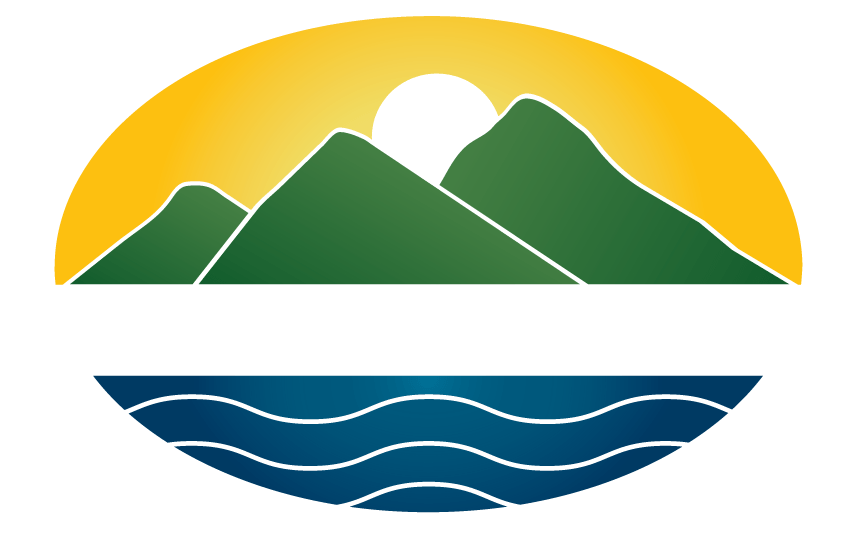The Hawaiian Constitution and the laws of Hawai`i are for the most part geographically bounded by the borders of the State of Hawai`i.
That is to say, the government can not impose its authority beyond its borders.
There are exceptions.
The treatment of convicted people who are exported to out-of-state private prisons are still the kuleana of the state government.
Similarly, the government could ban imported goods produce by slave labor.
A decade ago Hawaiian Electric Company (HECO) proposed building a new power plant in Campbell Industrial park to be powered by imported palm oil.
At the time Malaysia and Indonesia produced 88% of the palm oil in the world, and accounted for 91% of the world’s trade in palm oil.
The lead story in the December 5, 2006 edition of the Wall Street Journal was eye-opening.
”Among the world’s most fabled islands, Borneo –which is divided between Indonesian and Malaysia –is considered by environmentalists to be one of the last great tropical wildernesses.
It’s home to rare and unusual species, including the wild orangutan, the clouded leopard and the Sumatran rhinoceros. …
Now, the palm-oil boom threatens what’s left. …
As fires burn deep into the dry peat soil beneath Indonesia’s forests, centuries of carbon trapped in the biomass are released into the atmosphere.
A study presented last month at a U.N. Climate Change Conference in Nairobi showed that Indonesia is the world’s third-biggest carbon emitter behind the U.S. and China, when emissions from fires and other factors are considered.”
Life of the Land intervened in the Public Utilities Commission regulatory proceeding on whether to approve the contract signed by HECO with Imperium Renewables for the importation of palm oil biodiesel.
Initially HECO and the NRDC proposed that the HECO contract need only to adhere to one third of the thirty-nine weak standards established by a pro-palm-oil trade association.
HECO would acquire palm oil from specific plantations. The owners of those plantations had to agree that they were working towards “no child labor” and “free and prior informed consent of native peoples” at those particular plantations.
The plantation owners could do whatever they wanted to at their other plantations.
A broad coalition of Hawai`i and foreign religious, cultural, environmental and community groups coalesced around the issue.
The HECO contract was rejected by the Public Utilities Commission.
